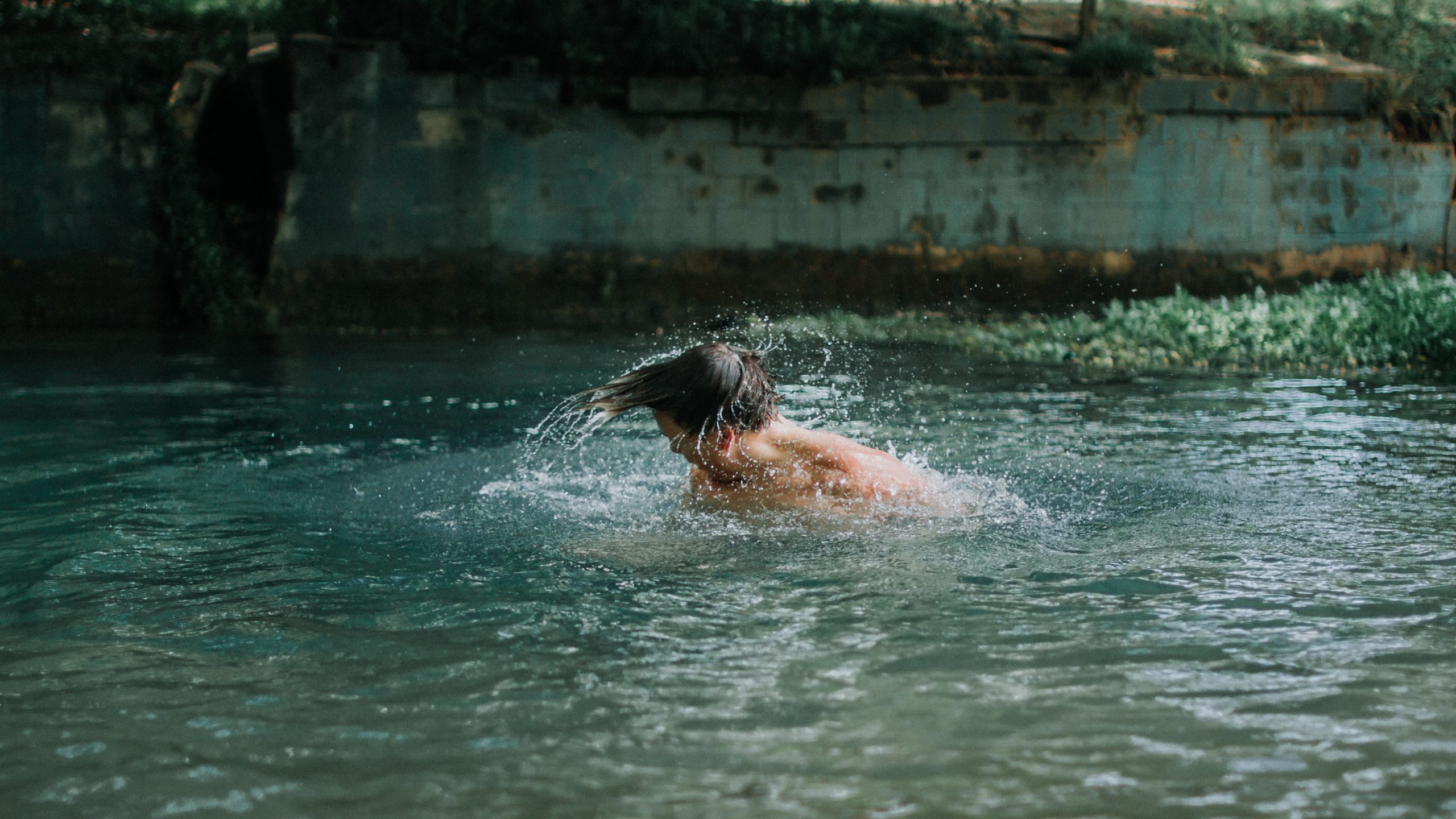Is it safe for infants to swim? Absolutely. There are steps that infants can take to help prevent drowning in the event of falling into a body of water, and most swimming lessons will tell you exactly which steps to take.
However, to our knowledge there is no scientific evidence that swimming lessons actually prevent drowning in the real world. There are a number of possible
, however, some studies have suggested that
that could be due to differences in the way that children are trained and acclimatized to swim. Perhaps the most plausible explanation for the apparent lack of an increased risk of drowning in infants swimming versus not swimming is that the infants are exposed to different levels of pressure and/or friction.
possibly reduce the risk of drowning even further by increasing the rate of oxygen consumption in the pulmonary blood vessels. Oxygen levels in the blood continue to increase throughout the lungs, and this increases the risk of hypoxia and hypoxia cardiorespiratory arrest. However, this increased rate of oxygen consumption could also be a contributing factor for the development of hypoxic and hypoxic-ischemic brain injury. In one study,
, pediatricians and swimming teachers alike were unable to’t help but smile at the prospect of their little ones taking part in such an intense physical performance.
, even if the baby is strapped into a pool for long periods out in the open. Another possible contributing factor for the lack of an increased risk of drowning in infants is that there are relatively few programs specifically targeting infants under 4 years of age.
Is it safe for infants to swim?
Yes. Infants as young as three months old can get snagged in a body-filled body wave. That same surge is what leads to the onset of respiratory impairment and death in infants submerged in water several times in a short period of time.
The single most important factor in pediatric drowning is the level of supervision. There are other potentially important concerns, such as swimming ability (we’ll get to that shortly), intoxication, use of personal flotation devices (not water wings!) and medical conditions, such as seizure disorders, that could potentially lead to dangerous behavior and the accidental ingestion of dangerous liquid. There are steps to take even if you don’t personally have children.
But even a trained adult can fall victim to a child’s reckless behavior. And many trained professionals in the water. We recommend against training programs for children less than 1 year of age unless the child can’t swim himself.
There’s nothing like a day in the pool or at the beach to make you leave hungry, and babies are no different. All of that physical exertion in the water, as well as the energy it takes their little bodies to stay warm, burns a lot of calories. You’ll probably notice an increase in your baby’s appetite after regular swimming time.
© 2005-2020 Healthline Media a Red Ventures Company. All rights reserved. Our website services, content, and products are for informational purposes only. Healthline Media does not provide medical advice, diagnosis, or treatment.
Is it safe for infants to swim? Yes. The American Red Cross recommends that babies under 4 months old be held at all times, regardless of where they are in the water. Even swimming lessons for infants that have taken place in swimming pools may not be enough to prepare your baby for adult supervision. There are additional risks, of course, such as drowning in the line of duty, but drowning is the most common cause of death among children aged 1 to 4 years in the United States.
Many baby swimming programs only cover bathtubs, so you won’t be able to swim with your baby underwater. Other risks of swimming with your baby include, but are not limited to, the risk of injury, death, or disability of the baby as he or she swims, the potential risk of injury, death, or disability of the baby’s parents as they swim, and the potential benefit of swimming lessons for infants. There are numerous additional benefits of infant swimming; perhaps the most important of these are;
Researchers from the Griffith Institute for Educational Research in Australia found skills that are highly valuable in other learning environments and will be of considerable benefit for young children as they transition into pre-schools and school. As well as achieving physical milestones faster, children also scored significantly better in visual-motor skills such as cutting paper, colouring in and drawing lines and shapes, and many mathematically-related tasks. Their oral expression was also better as well as in the general areas of literacy and numeracy.





